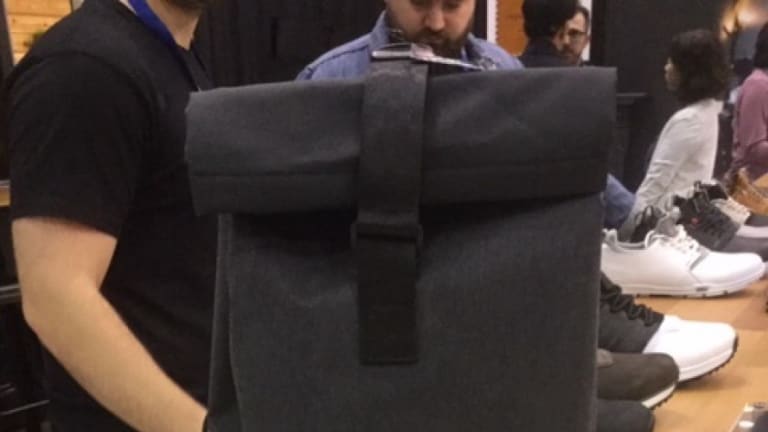
A Perspective from the 2019 PGA Show

Seeing 12-15 vendors a day at the show, I should be able to throw a dart up and land on few common denominators.
But I hesitate to call them trends. The definition of trend is a general direction in which something is developing or changing and there are forecasters who do this for a living. The best I can offer is an ‘observation’ that I hope becomes a trend, and that is sustainability.
It came in a few very different forms at the show, but it got me thinking about the golf industry taking a leading role in developing ways to balance nature with what our sport requires.
There are plenty of companies making shoes and clothing out of sustainable materials such as bamboo cotton or recycled plastic - all important to helping the prevention of choking our earth. But what are we doing to prevent those materials from ever reaching a recycle bin?
With that question in mind, let’s circle back to the PGA Show where I found a few examples of some thoughtful companies.
True Linkswear, makers of comfortable golf shoes designed for (and by) the walking golfer since 2009, is one such example. Its Major shoe is being shipped to the consumer in a versatile, reusable shoe bag. So instead of a shoe box, we get a cool looking, bottom-zip compartment bag.
Jason Moore, partner/president, talked about how being based in the Pacific Northwest - known for its tree hugging ways and bring your own bags to the grocery store - has a big influence on how they approach eco-conscious business practices. They even have a section on their website devoted to environmental stewardship and ethical sourcing.
Turtle Fur is another example I read about at the show. They announced a pilot program with Limeloop reusable shippers. Limeloop created smart shippers that customers can send back to Turtle Fur to be reused for the next order. According to Limeloop, the reusable shipping package can last for as long as 10 years or more. Brilliant!
Show exhibitor, Bermuda Sands, devoted the back of its booth to educate us about the 8 million tons of plastic waste that end up in the ocean every year. It also has a sustainability section on its website, and for those of us who fill the recycle bin each week assuming it all gets put to good use, sadly it doesn’t.
Finally I was introduced to inPhorm - a women’s apparel line of tennis, golf and athletic wear. Its founder and creative director, Saad Hajidin, is setting the standard for eco-forward practices in the fashion industry.
The fabrics are created under standards that preserve energy and resources, lowering demands on the environment. A special partnership with its manufacturer and mill allows inPhorm to produce high quality and sustainable designs that are still very stylish and luxurious.
My conversation with Hajidin was both uplifting and intelligent. He named the company inPhorm to ‘inform’ us there is a better way to produce goods and protect the planet.
If you know of other golf apparel companies who are making serious strides in eco-conscious practices, I’d like to hear about them.
